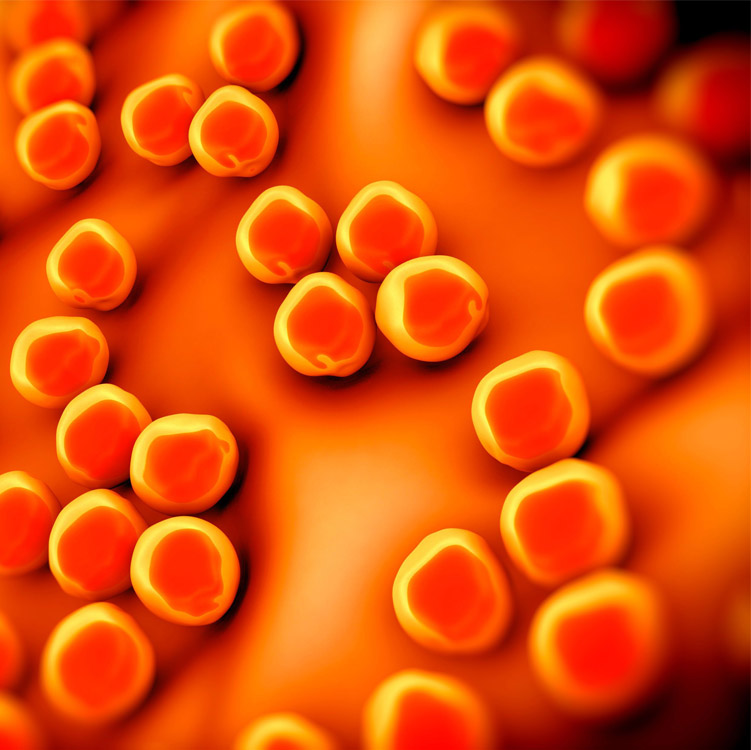Portable device can prevent MRSA outbreaks in hospitals
Students at Maastricht University have developed a device that can detect the presence of certain bacteria. This device may help to prevent bacterial outbreaks in the future. The presence of bacteria in hospitals can have serious and potentially fatal consequences for sick and elderly patients. The recently developed device is a quick, easy and affordable way to identify bacteria before an outbreak occurs.
This so-called 'point of care' device is portable, which means it can be used to detect the presence of bacteria in virtually any setting, from operating theatres to intensive care units. The results are immediately visible, meaning no laboratory testing is necessary. This method is also known as bedside testing. Being able to identify bacteria on location allows quick and targeted action to be taken to reduce the possibility of an outbreak. Other examples of bedside testing methods are glucose metres and pregnancy tests.
The inventor of the device is Bart van Grinsven, a physicist, and assistant professor for the Maastricht Science Programme of Maastricht University and recipient of this year's Edmond Hustinx Science Award. Van Grinsven recently published an article in the prestigious chemistry and biology journal ACS Sensors (American Chemical Society). Of particular note is that three of his students were listed as co-authors: Onno Akkermans, Sophie Ellermann and Aleksandra Kordek.
Improving the accuracy of measurements using portable point of care devices is just one of the components of the Knowledge Axis project LiME (Limburg Meet). In this project, researchers from Maastricht University and Zuyd University of Applied Sciences are working together to develop innovative healthcare technologies.
